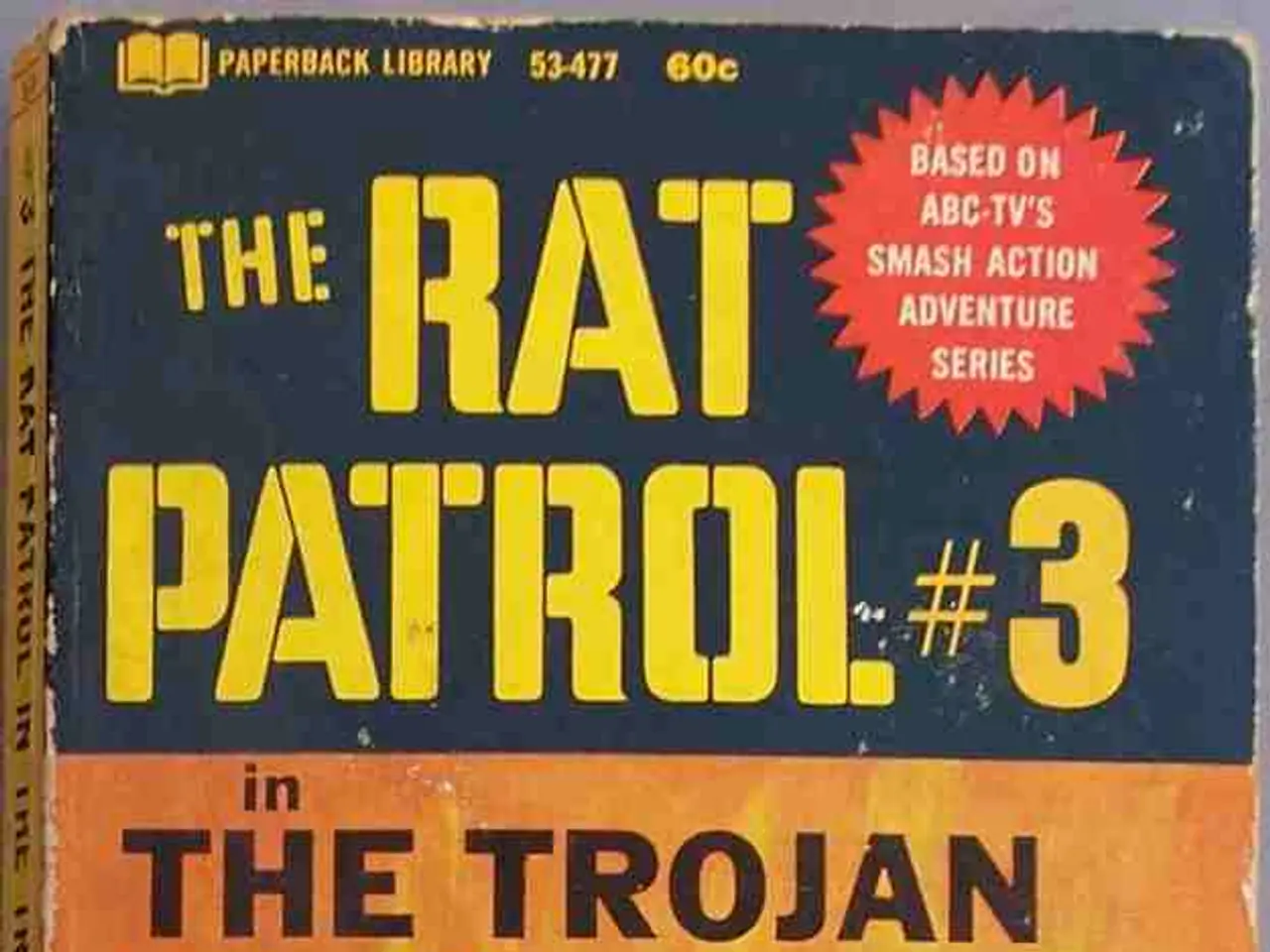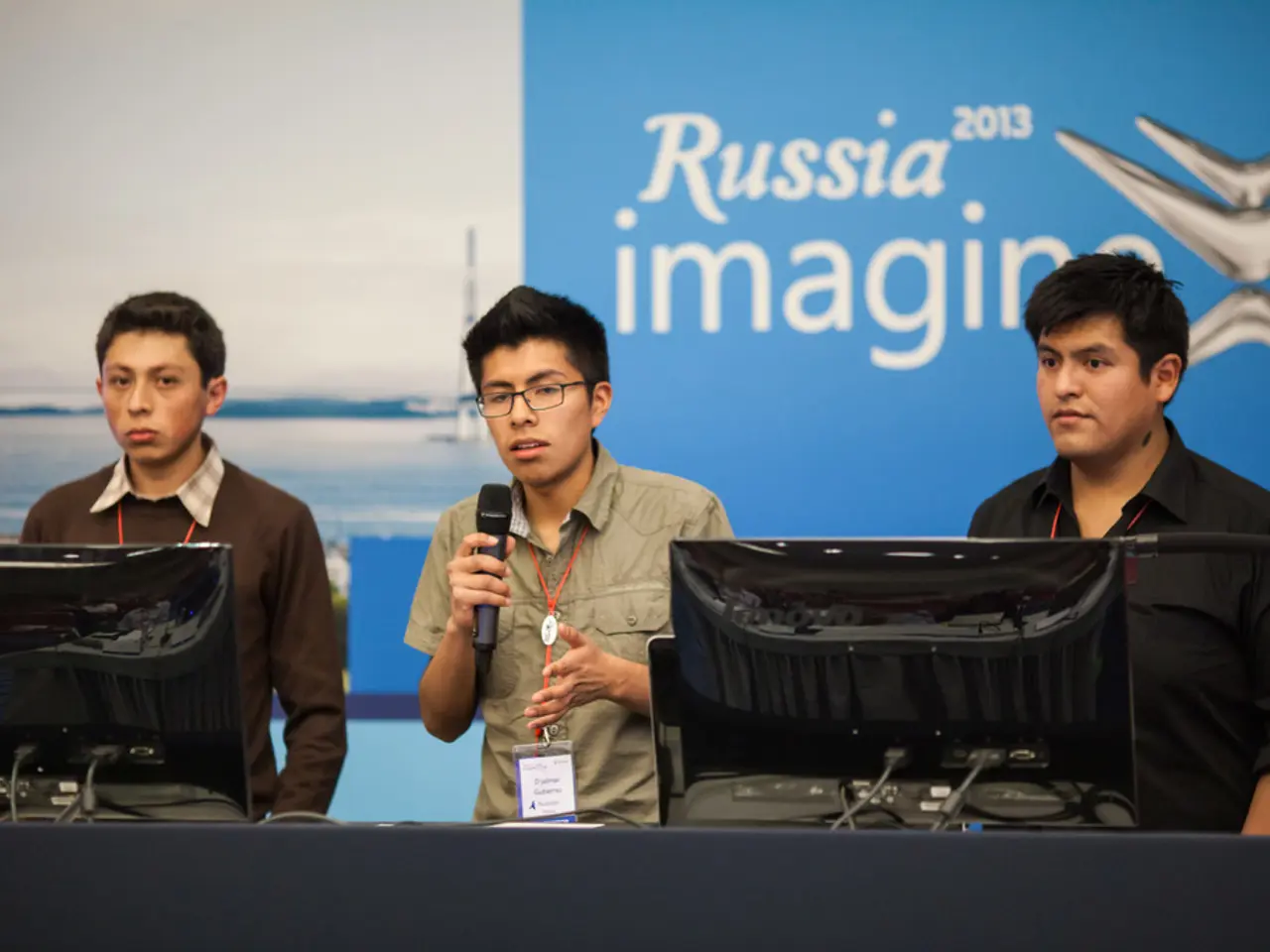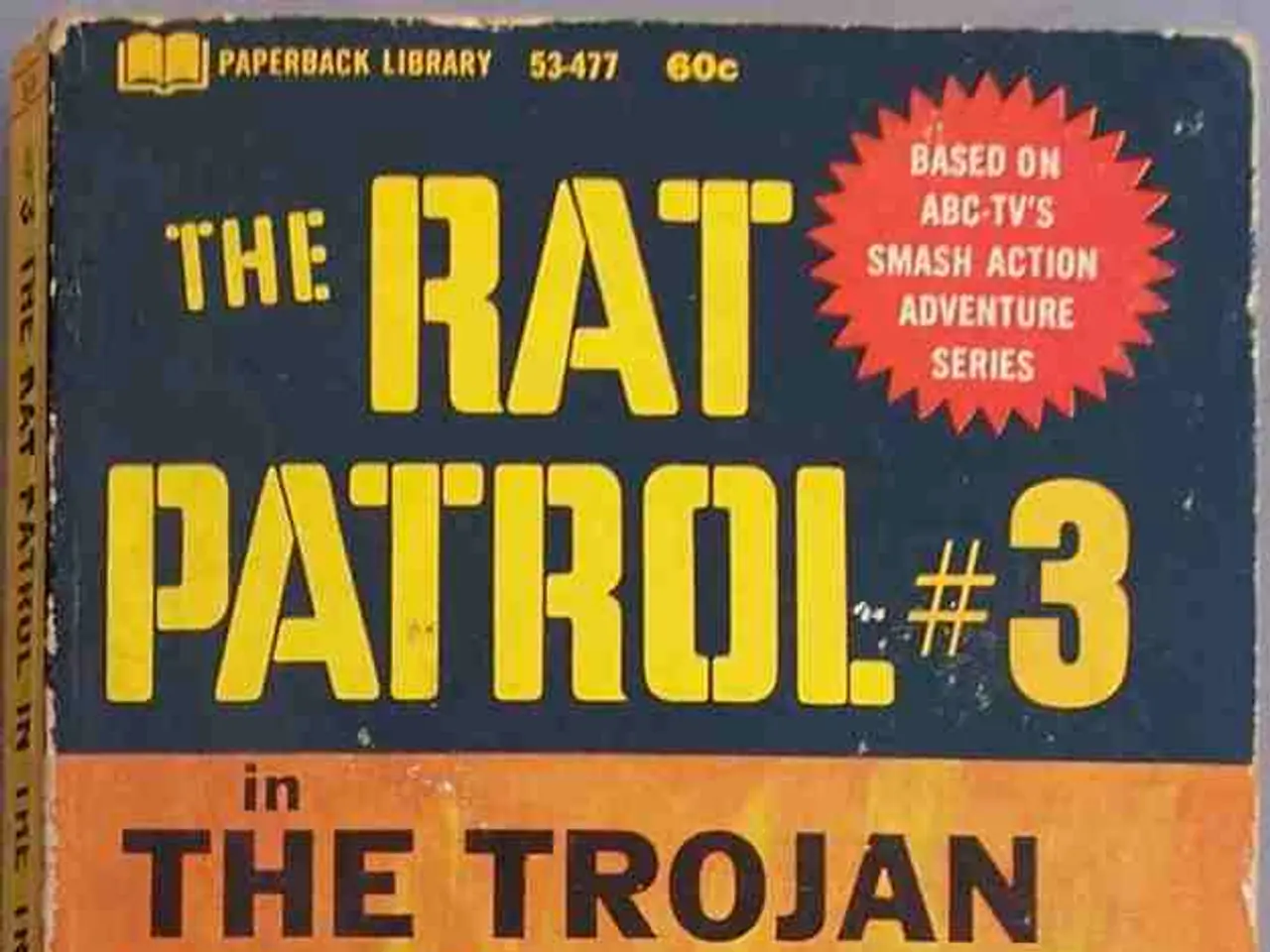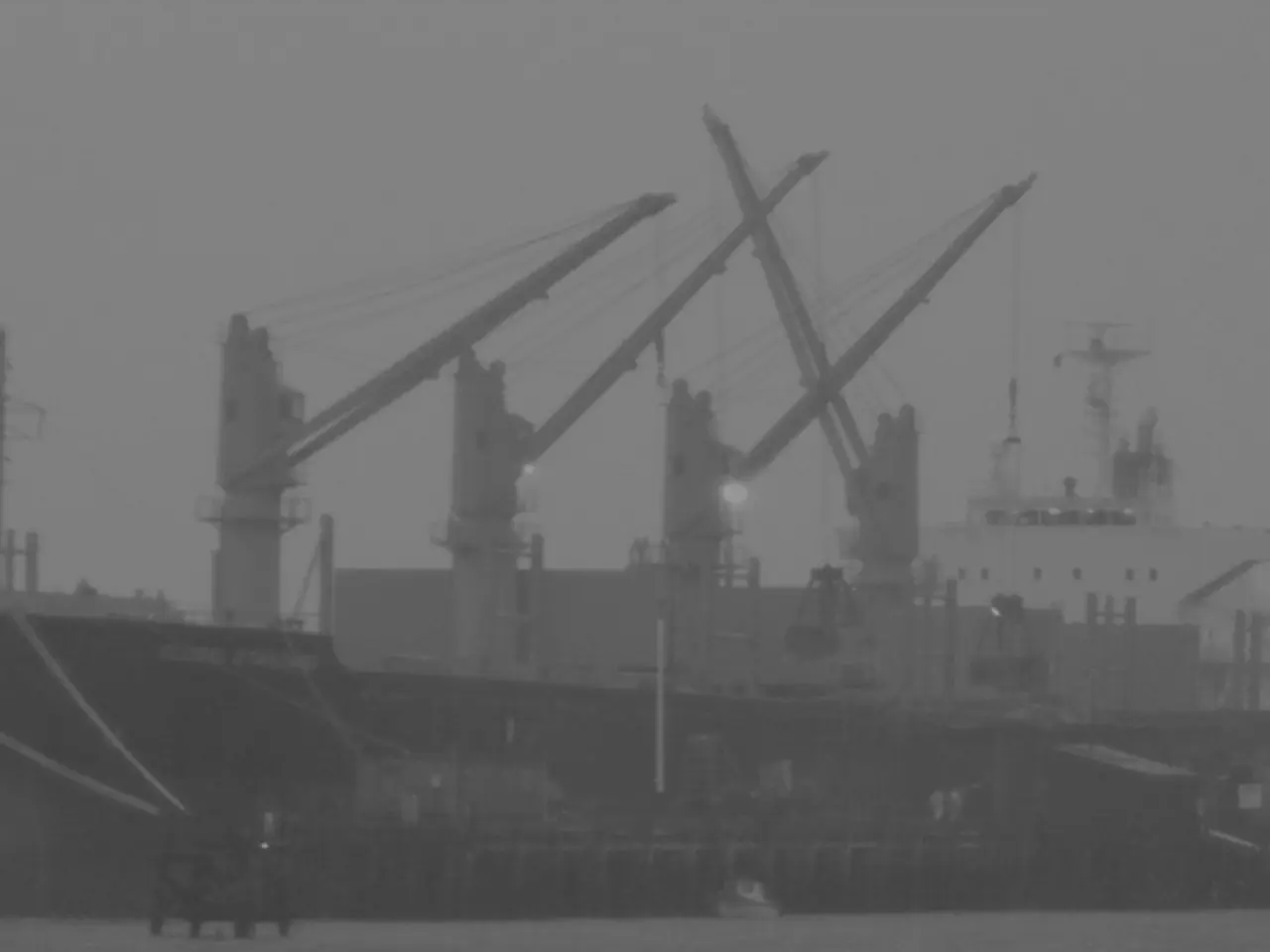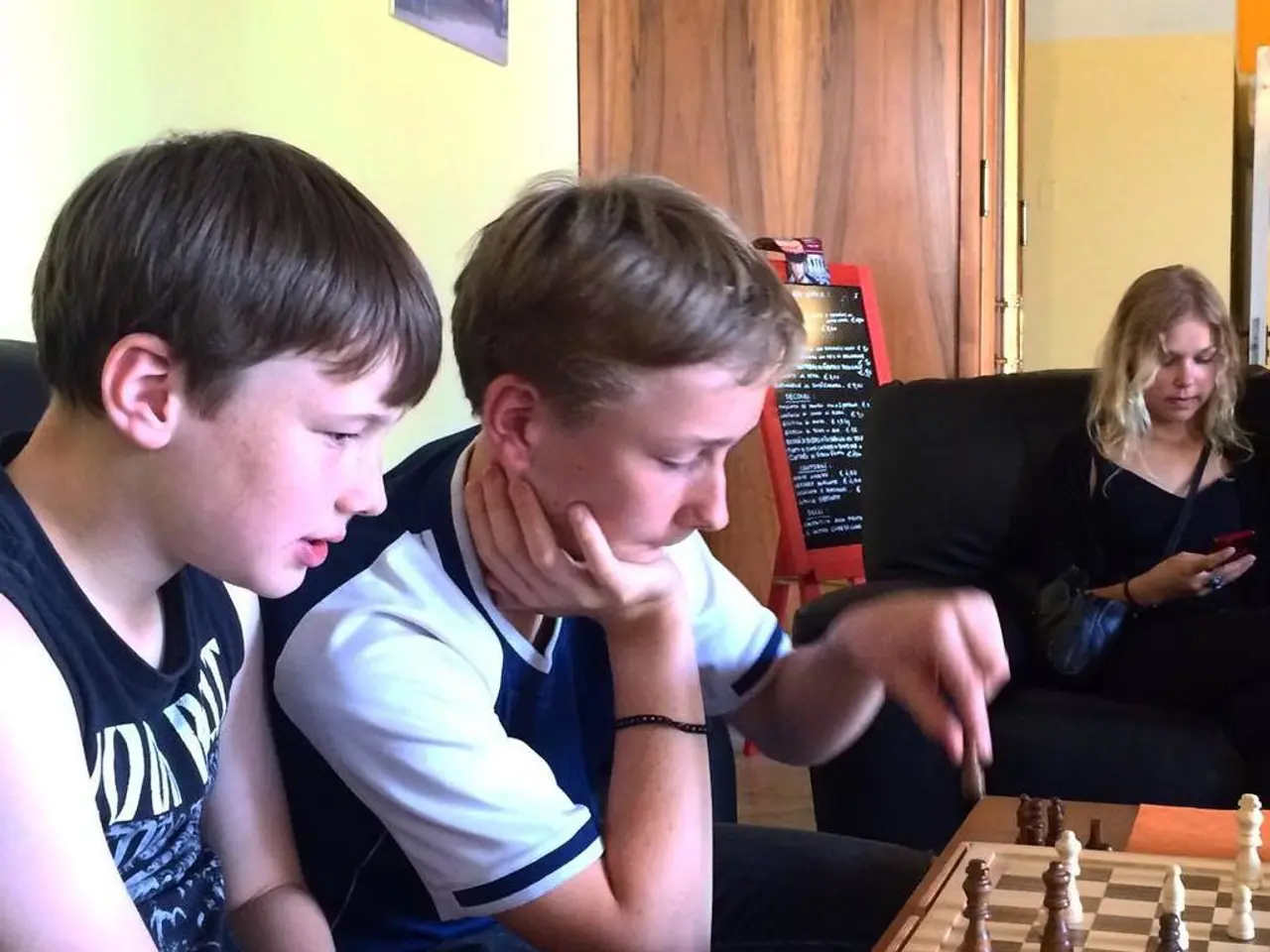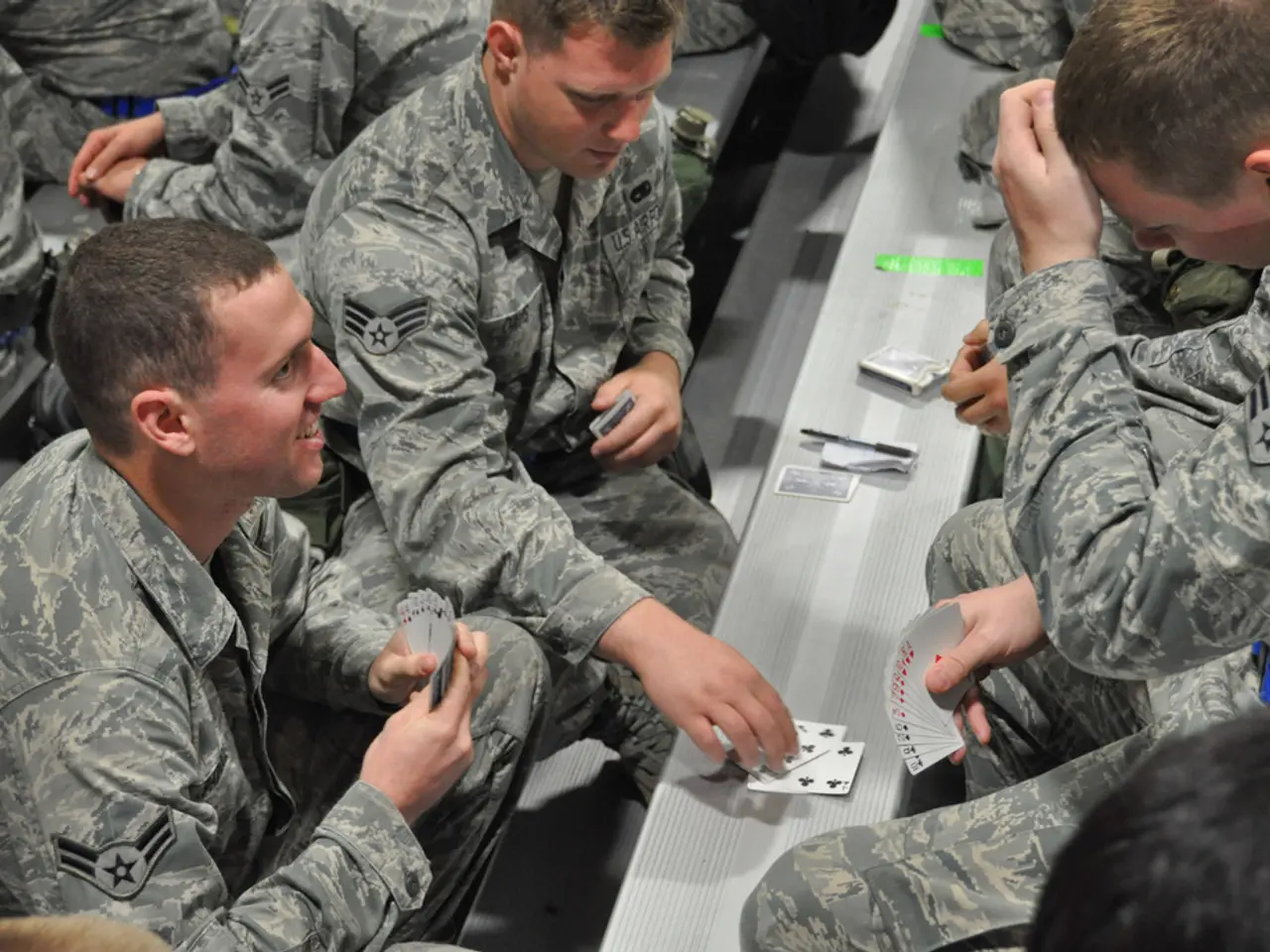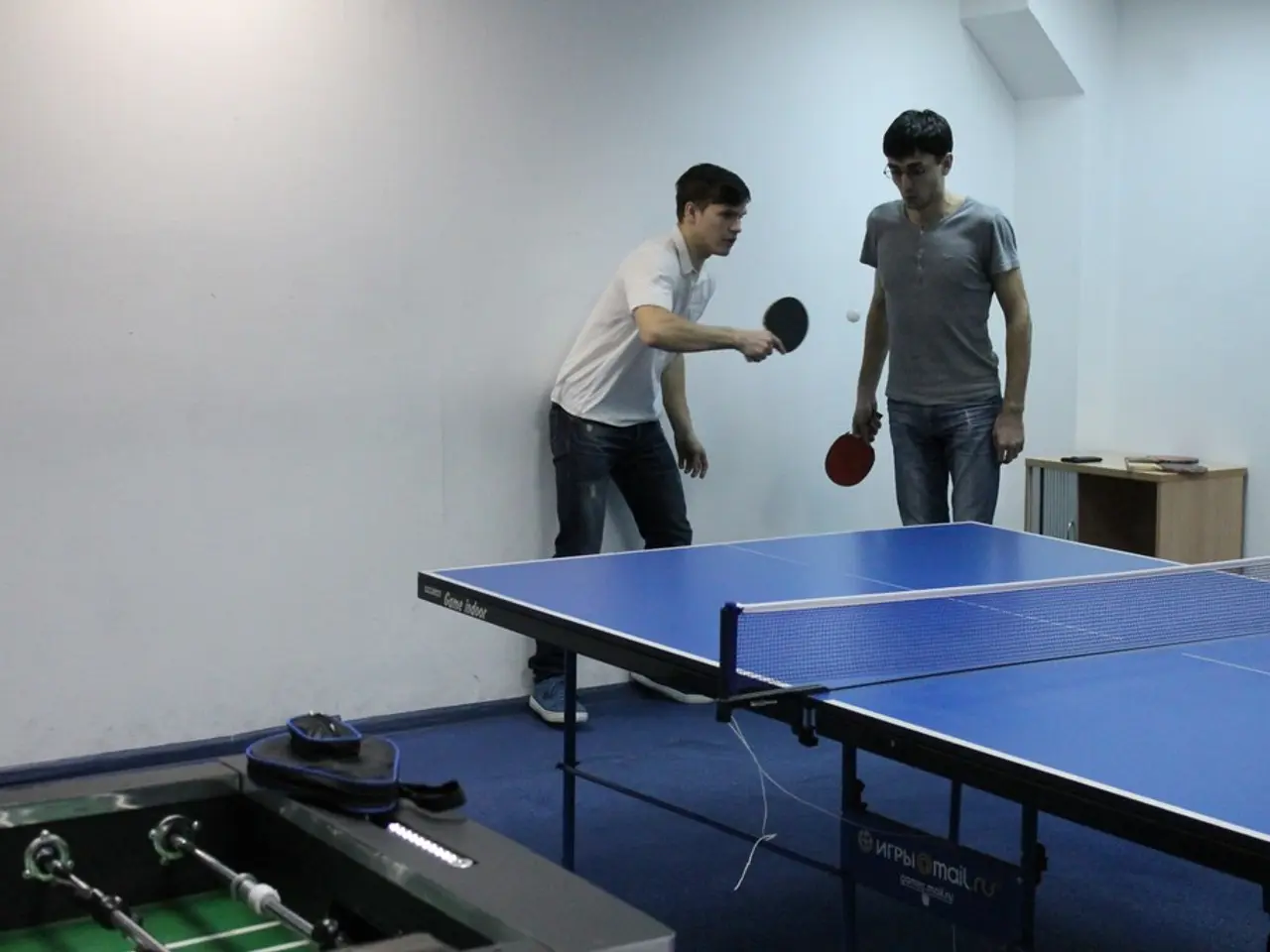Discussion on MWI Podcast: Assessing Clausewitz's strategies in the context of the ongoing conflict in Ukraine
Tune into the Latest MWI Podcast: Clausewitz and the Russo-Ukrainian War
Why is Russia waging war against Ukraine? What does Ukraine want? Can these objectives ever align, and what could possibly end this conflict? These questions are addressed in the latest MWI Podcast, where host John Amble chats with Dr. Donald Stoker, author of Clausewitz: His Life and Work.
As a historian and professor at the National Defense University's Eisenhower School, Dr. Stoker brings a unique perspective to the table, using the principles of German military theorist Carl von Clausewitz to dissect the war in Ukraine.
Political Objectives
The Kremlin's primary objectives in the Russo-Ukrainian conflict are clear: to install a pro-Russian regime in Kyiv, neuter Ukraine's military capabilities, and carve out a strategic buffer zone along the northern border [1][2]. To achieve these aims, Russia demands that Ukraine commit to a neutral, non-aligned status, effectively renouncing its NATO aspirations and modifying its constitution accordingly [2][5]. Furthermore, Putin views the conflict as philosophically essential for Russia's permanent subjugation of Ukraine [4].
Ukraine, on the other hand, seeks to survive the conflict and ensure that the continuing hostilities become economically exhausting for Russia. Ukrainian officials stress the need to prevent further Russian expansion in the east and along the Black Sea coast [5]. Above all, they aim to preserve their sovereignty and territorial integrity [4].
Prospects for Peace
The war in Ukraine persists, with Putin's regime pursuing a long-term strategy and refusing to consider compromises that would undermine its political goals [4]. Russia is stalling negotiations to seize battlefield advantages while giving no indication of willingness to initiate a genuine peace process based on Ukraine's terms [2]. Limited diplomatic engagements, such as prisoner exchanges and talks mediated in locations like Istanbul, have yet to alter either side's fundamental positions [1].
An end to the war might occur if Russia were to abandon its maximalist aspirations—such as regime change and strict neutrality—and acknowledge Ukraine's sovereignty and defensive capacities [1][2]. Persistent Western military support for Ukraine is vital, as it enables Kyiv to impose sufficient costs on Russia to prompt a reevaluation of their approach to peace [2][4].
In conclusion, the basic disagreement over Ukraine's autonomy, political direction, and territorial dominance, combined with Putin's ideological resolve to dominate Ukraine, makes a quick resolution highly unlikely without a radical shift in Russian goals or external pressures altering the strategic situation [1][2][4][5].
To listen to this exciting episode of the MWI Podcast, click the link below. Make sure to subscribe on Apple Podcasts, Stitcher, or your preferred podcast platform. While you're there, please take a moment to offer your feedback through a rating or review!
Audio:
Note: This episode builds on ideas discussed by Dr. Stoker and Dr. Michael W. Campbell in a recent article in the Military Strategy Magazine, titled "Clausewitz, Theory, and Ending the Ukraine War," available here.
References:[1] Stoker, D. A., & Campbell, M. W. (2022). "Clausewitz, Theory, and Ending the Ukraine War." Military Strategy Magazine.[2] Hug, R., & Böland, A. (2022). "The Russo-Ukrainian War and Its Implications for Peacekeeping." International Peacekeeping, 29(3), 274-301.[3] Kupchan, C. (2022). "Rethinking the West's Approach to Russia." Foreign Affairs, 101(3), 72-87.[4] Pifer, A. (2022). "How to End the War in Ukraine." The Washington Quarterly, 45(3), 39-53.[5] Tsygankov, A. V. (2022). "From Cold War to Hot War: The Escalation of the Ukrainian Conflict." Orbis, 66(1), 64-87.
- The military strategy of Russia in the Russo-Ukrainian War is aimed at installing a pro-Russian regime in Kyiv, neutralizing Ukraine's defense capabilities, and creating a strategic buffer zone along their northern border, with the ultimate goal of subjugating Ukraine philosophically.
- In contrast, Ukraine seeks to survive the conflict, prevent further Russian expansion towards the east and along the Black Sea coast, and preserve its sovereignty and territorial integrity.
- A peace process in the Russo-Ukrainian War might be initiated if Russia were to abandon its maximalist aspirations, acknowledge Ukraine's sovereignty and defensive capacities, and engage in diplomatic negotiations based on Ukraine's terms, with persistent Western military support reinforcing Ukraine's position.
